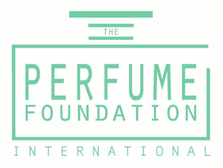|
by Françoise Rapp, Master Perfumer and Lead Instructor As September rolls around, it marks the beginning of a new school year and presents the perfect opportunity to embark on exciting learning journeys. Whether you are an aspiring perfumer or experienced, we are proud to introduce the largest International natural perfumery educational platform designed to teach all aspects of this captivating art. Our comprehensive curriculum offers a range of courses, masterclasses, and advanced programs that enable you to acquire new techniques and deepen your knowledge, ultimately empowering you to design your own successful brand.
Perfumotherapy: Immersing Yourself in the World of Natural Perfumery One of our flagship courses is Perfumotherapy, an immersive experience that unveils the world and art of natural perfumery. This course provides a solid foundation in perfume creation and technique, emphasizing the crucial role of olfaction and natural essences. Comprising of Olfaction Training, French Natural Aromatherapy, and French Natural Perfumery courses, the Perfumotherapy diploma is a comprehensive program that legitimizes your work as a natural perfumer. Understanding the basics of olfaction and the true essence of natural ingredients is vital for conceiving, comprehending, conveying, and authenticating beautiful natural creations. Master Natural Perfumer: Elevating Your Expertise For certified perfumers seeking to enhance their skills and knowledge, we offer the Master Natural Perfumer course. This program includes the Perfumotherapy course as a foundation and allows you to choose four additional masterclasses or courses that align with your specific interests. Whether you wish to delve into marketing and brand design, perfect your formula-building skills, explore the role of essences on the psyche and emotions through the aromachology course, or trace the historical perfume routes with our captivating masterclasses, the choice is yours. Supporting Your Art and Passion We aim to support each natural perfumer in developing their art and passion. We believe that you are the driving force behind the world of natural perfumery today and tomorrow. That is why all Natural Perfumery Teachers Academy instructors are recognized experts in their respective fields, ensuring that you receive the highest quality education. Moreover, our courses are available in multiple languages ensuring accessibility to a wide range of learners and easing your learning experience. Additionally, we offer a convenient installment payment method to accommodate various budgets and make the courses more accessible. As you embark on this new school year, we hope September becomes filled with joyous learning and the opportunity to unleash your artistic potential. Let the wonders of natural perfumery inspire and guide you on your journey.
0 Comments
By Creezy Courtoy, Anthropologist and Olfaction Expert OUR CHILDREN OLFACTORY SENSE The Olfactory Sense is the First Sense to Begin Development in the Fetus I have always been fascinated by olfaction, which is why I spent time studying gorillas. Like gorillas that use 100% of their olfactory sense, newborns have the same powerful sense of olfaction. Olfaction is the most powerful sense of all their senses. It is the first sense to begin development in the fetus, and arrives at maturity before all the others. Immersed in amniotic liquid, the fetus swims in a bath of emanations and swallows four to five quarts of flavored water per day. Newborns See With Their Nose The first odor discerned by newborns is the smell of their mother, and it is that smell which will determine their behavior towards others. The olfactory sense of newborns is certainly their most developed sense. It guides the child, and the messages they receive make them feel secure. Only a few days after their birth, babies begin using their noses to receive all emanations passing around them. Their smell is so sharp that they encounter all odors, even those we are no longer able to smell. Their olfactory sense is more sensitive than that of an adult. Even though they do not yet know how to express themselves verbally to communicate their senses, newborns react to odors through motor reactions of the respiratory or cardiac rhythm changes. Babies less than two weeks old orient themselves automatically towards maternal odors. They are dependent on their mother's constant attention to feel psychologically well. They will learn to recognize their mother by her smell, which they will prefer to any other smell and will bond to it; this process gives them the security they need to live. This is why we can say ”newborns see with their nose”. The First Years of a Child's Life Are Very Critical.
The olfactory sense, (and instinctive sense, considered as too animal-like), was almost entirely rejected by our society. In our present adult environment sight prevails over all other senses. Human beings have lost their olfactory sense and must learn to smell again. Olfaction is a very important sense in the harmonization of human beings because to feel good, we need all of our senses to be in balance. If the olfactory sense is not maintained, it progressively disappears sometimes completely when approaching old age. It is only lately that our society is realising how important the sense of smell is. Still, many parents and educators do not pay much attention to their own sense of smell and are not teaching their children to do so. This is why, I have put in place a Children Olfactory Preservation Program starting at 4 months, when babies start eating solid food. The first years of a child's life are very critical. Children’s sensory experiences help them build a bundle of emotions and sensations that gives them tools to grow and develop in harmony. It is necessary to help babies and young children preserve their olfactory habits. How Can We Engage Kids To Preserve Their Olfactory Instincts in This Visual And Auditory Civilization? How can we recreate olfactory education and re-develop olfactory habits? Les Ateliers des Petits Nez (Workshops for Little Noses) have been especially created to teach babies and children how to preserve the power of their olfactory sense. The International Perfume Foundation previously tested this Children Olfactory Preservation Program in nurseries and kindergartens. Today I am giving lectures on this subject, and I have created an Online MasterClass to teach young parents, grandparents, educators, nurseries, kindergartens and schools to accelerate this movement. Our children are our future, they need to feel good and to feel secured to face the challenges of this changing world. By Siri Kudaravalli, Certified Natural Perfumer, owner of the brand Xila Apothic and student in Olfaction Training Based on one exercise in the Olfaction Training Course, my inspiration for the week is from the Mighty Himalayan Mountains in India. My travels to these Majestic and Sacred Mountains reconnected me to nature. The aroma of pine trees, teak and cedar woods, Birch, Junipers, and indigenous shrubs was enchanting. The same soil smelled different at differently times of the day. Morning dew brought out a different aroma in the soil compared to the afternoon's sun-baked soil. The stillness of the mountains, the silence and solitude surrounding it calmed my mind and this inner peace sensitised and connected me to smells that would have normally eluded my olfactory sense – of clouds, fog, dew, various smells emanating at different altitudes of the Himalayas ranging anywhere between 1000 to 6000 meters, based on the climatic conditions, soil, water, rocks, flora and fauna. Some areas had the smell of fresh rain, some grassy, some smoky, some woody, some floral, some fruity, some metallic and that of the local animals at various heights – cows, wild yaks, Himalayan tahrs, marmots, wild dogs and musk deers. The various lakes at different heights also had their own distinctive smells based on the glaciers they were fed from and the hyperlocal flora & fauna surrounding them. The trip was a feast to all my senses, but this time I was more attuned to the Olfactory one and discovered novel and wonderful smells. I was thoroughly rejuvenated and enriched by the whole experience and have a new appreciation for the splendid smells the mountains have to offer, which I will delightfully capture in my Creations.
By Creezy Courtoy, IPF Founder and Chair, Anthropologist, Historian and Olfaction Trainer No Sense is More Important than the Olfactory Sense! I really want you to understand that a perfume is not only a smell, it is much more than that and everyone should really know this before learning to become an olfaction trainer, an aromatherapist or a perfumer. When you smell a perfume: -going through your brain, it creates memories and sensations. -it has an action on your nervous system, regulating organs. -it is also a gas and what we breathe has immediate access to our blood. While penetrating through the thin membranes of our lungs, fragrances and perfumes reach the bloodstream much more quickly than the absorption of matter by the digestive tracts. -it influences your hormonal system -it acts on your organs through your nervous system -in the bloodstream, it participates to the irrigation of your organs -it can also modify your DNA and your cell's organization Digestion and the breaking down of solids, like medicinal pills, take much more time reaching the bloodstream, as the absorbed solids must be digested and pass through the thick intestinal wall. These are the reasons making a perfume or blending essential oils has responsibilities. When you teach olfaction training, when you train yourselves, when you create natural perfumes or when you blend essential oils, always study the particularity of the oils. Do not use products without knowing their origins. Olfaction can be dangerous. With essential oils, you can always find data and talk to the person in front of you. With synthetic substances you have no historical data like we have for flowers and plants. Natural Perfumes are more expensive but it is worth to consider ! Perfume, by simple olfaction, sends messages to the nervous system, especially, to the area called "the big sympathetic" which plays a very important role in the maintenance of the health balance of humans.
The nervous system is the supreme organizer of matter, where life emanates. Its actions spread to all the organs where it regulates the different functions to achieve this harmonious whole that is the human body. Besides, it assures the defense of the organism in protecting the body from external attacks. ”The big sympathetic” is made of a double chain of joint ganglia, situated at each side of the backbone. From these ganglia emerge many nerve connections terminating at the vegetative life organs: liver, spleen, lungs, heart, blood vessels, etc. In some regions of the body nerves also form real networks, and insure the communication of the big sympathetic with the central nervous system. The nervous system presides in exchanges, warns of failings, provides the various organ needs and rescues those that are threatened. It directs the natural defenders: the white blood cells or leukocytes, also called phagocytes. The stronger the microbial attack the stronger the defense. Different conditions, by their suddenness or duration, can cause an abrupt disruption in the balance of the nervous system and also on the entire organism. A failing nervous system can occur in different ways: tiredness, insomnia, unaccustomed emotional stress, sudden weight loss, or an uncharacteristic tendency to exaggerate or discourage. If, at this moment, a bacterial attack occurs, the nervous system would not have the necessary strength to fight it. Within the nervous system is the autonomic nervous system, which then contains the sympathetic and parasympathetic nervous systems. These two systems are involuntarily, meaning our body does not have control over what it is being performed. The sympathetic nervous system is known as “fight-or-flight”, while parasympathetic is known as “rest and digest”. Even though they are different, these systems still work hand in hand with one another to help control the way our body works. Sympathetic is almost like an alarm clock, as it arouses the body and stimulates the nerves to start working. On the other hand, parasympathetic helps calm the body down, as it brings the body back to its normal state. Natural essential oils can rebalance your nervous system, therefore it is important to learn aromatherapy and olfaction training before learning natural perfumery. If you want to learn more about the importance of your olfactory sense, if you want to learn how to train, preserve or restore your olfactory sense, enrol for Creezy Courtoy's 8 weeks Olfaction Course. THE POWER OF THE RAW MATERIAL AND THE ART OF REDISCOVERING THE ORIGINS OF NATURAL PERFUMERY. |
Archives
March 2024
Categories
All
|
- Home
- About
- Why choosing us
- Mission
- Academicians
- IPF Certification
-
COURSES
-
MASTER CLASSES
- Teaching Methodology
- Natural Raw Material Extraction Methods >
- Natural Candle Making
- Healing Gardening
- Sustainable Oud MasterClass
- World Perfume History Master Class
- Scent Design and Formula Building >
- Fragrant Botany & Chemistry >
- Perfume Design, Concept and Storytelling
- French Natural Aromachology #1
- French Natural Aromachology #2
- Olfaction Training for Children
- Accords - Musks
- Accords - Chypre
- Accords - White Florals 1
- Accords - Fougeres and Aromatics
- FRAGRANCE DEVELOPMENT
- SPEAKERS
- EXHIBITIONS
- Partners
- Blog
- Contact
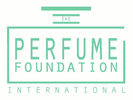
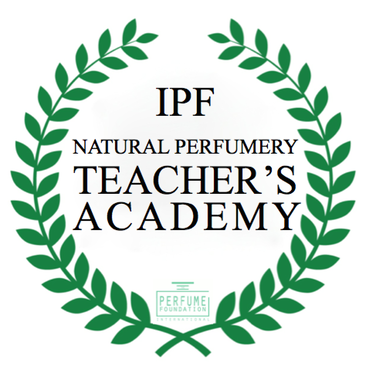
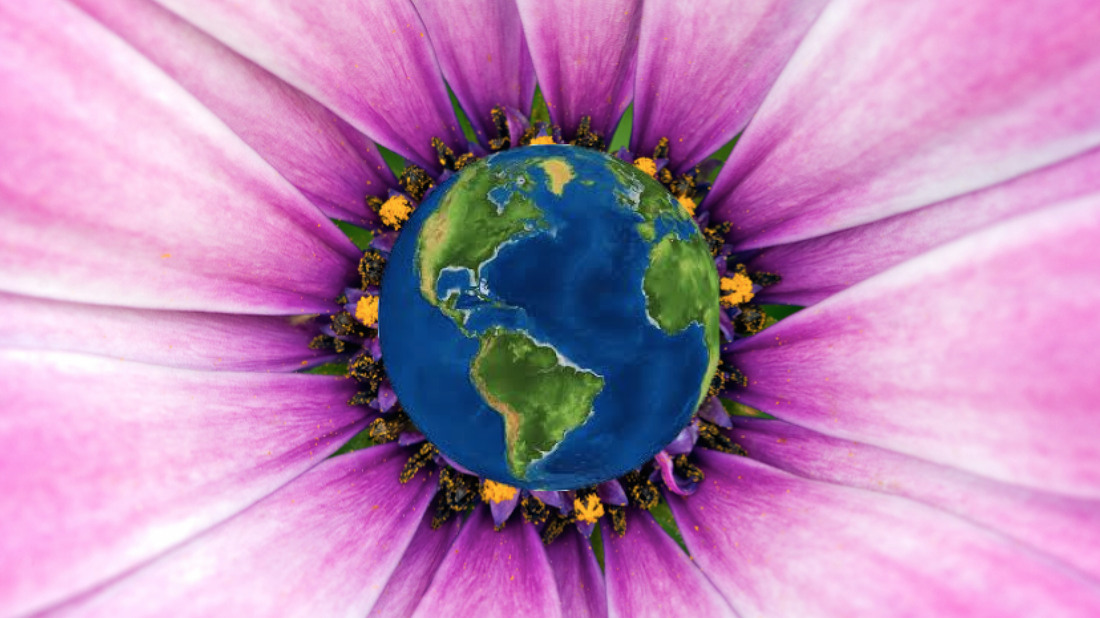

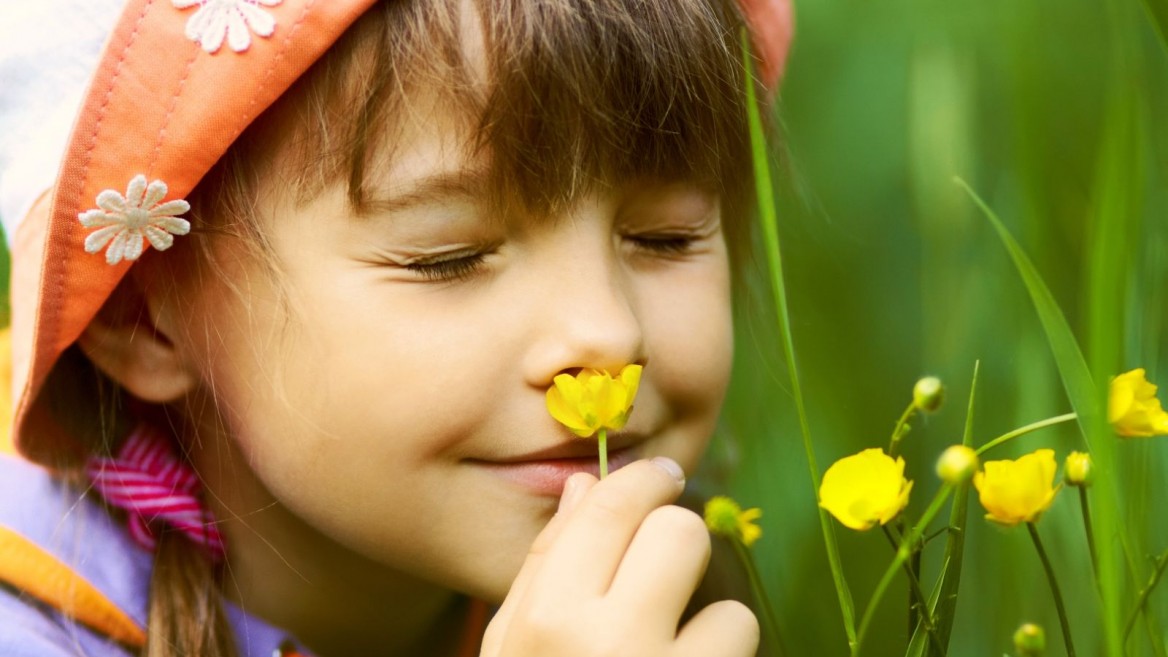
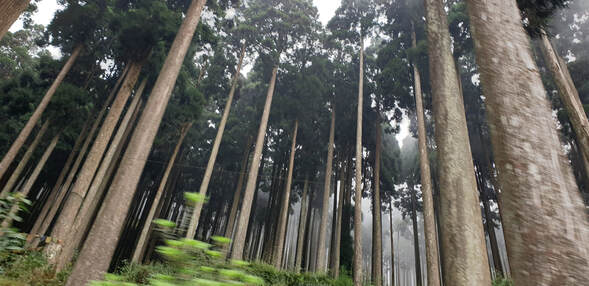
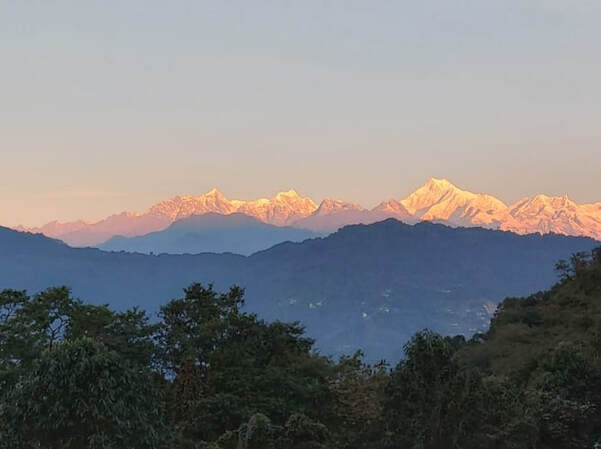
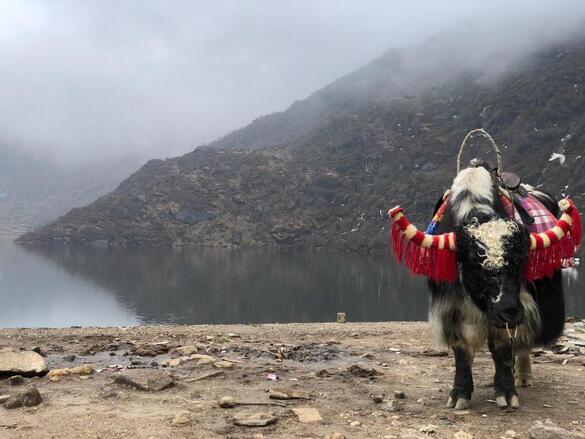
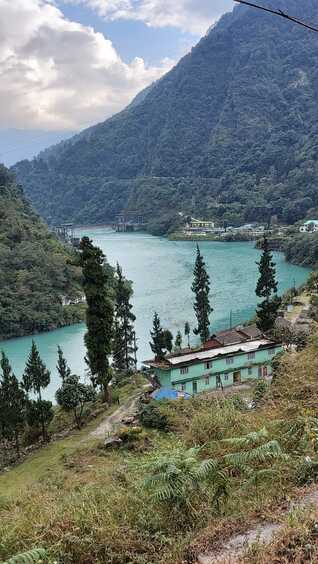
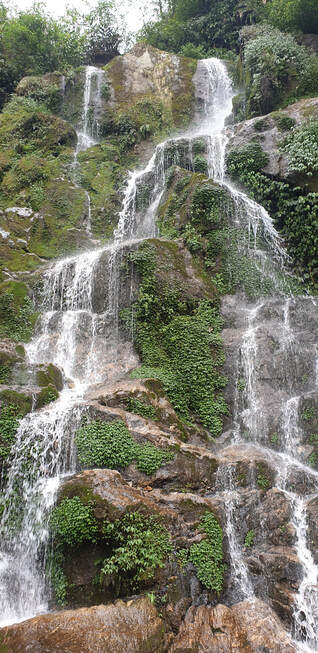

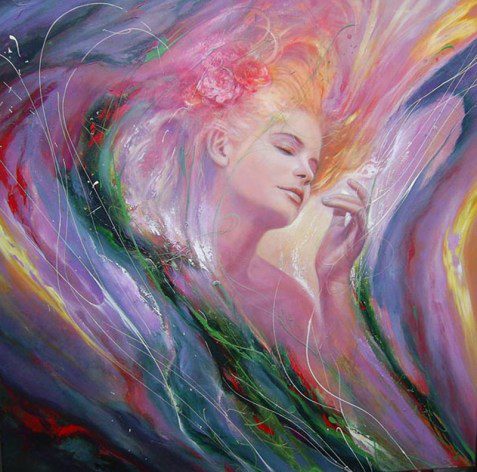
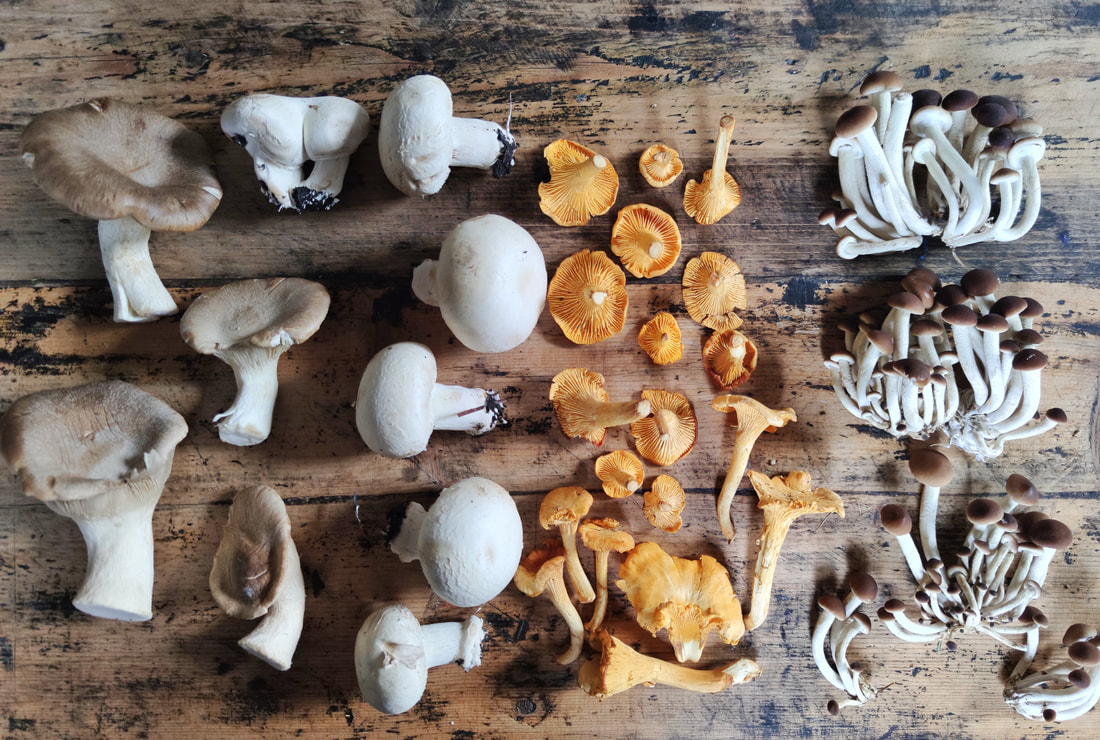
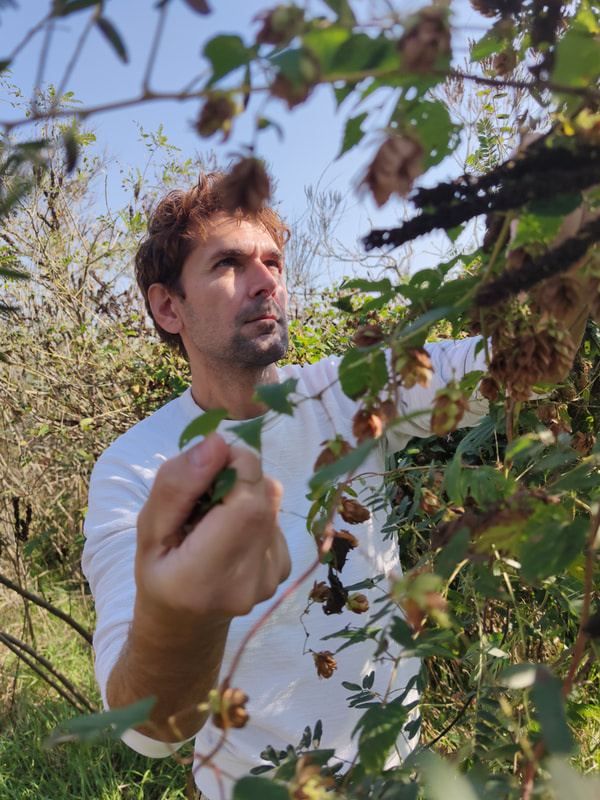
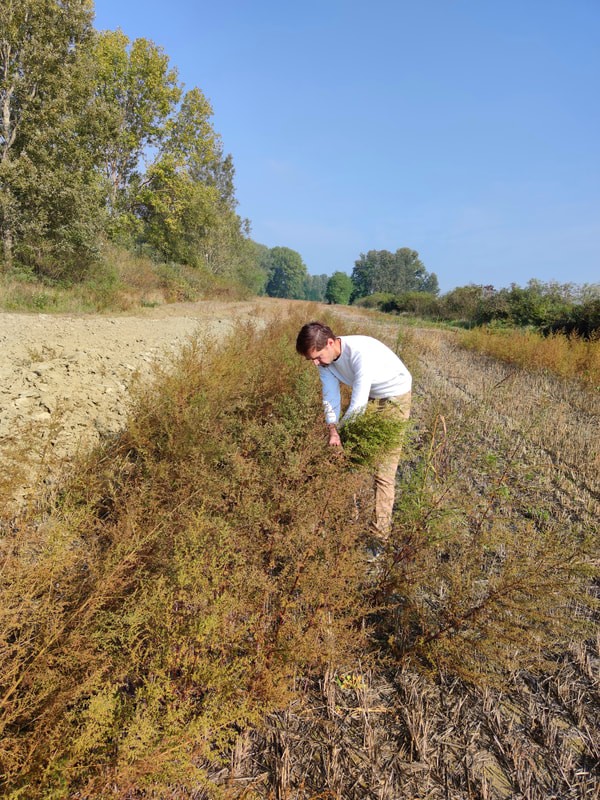
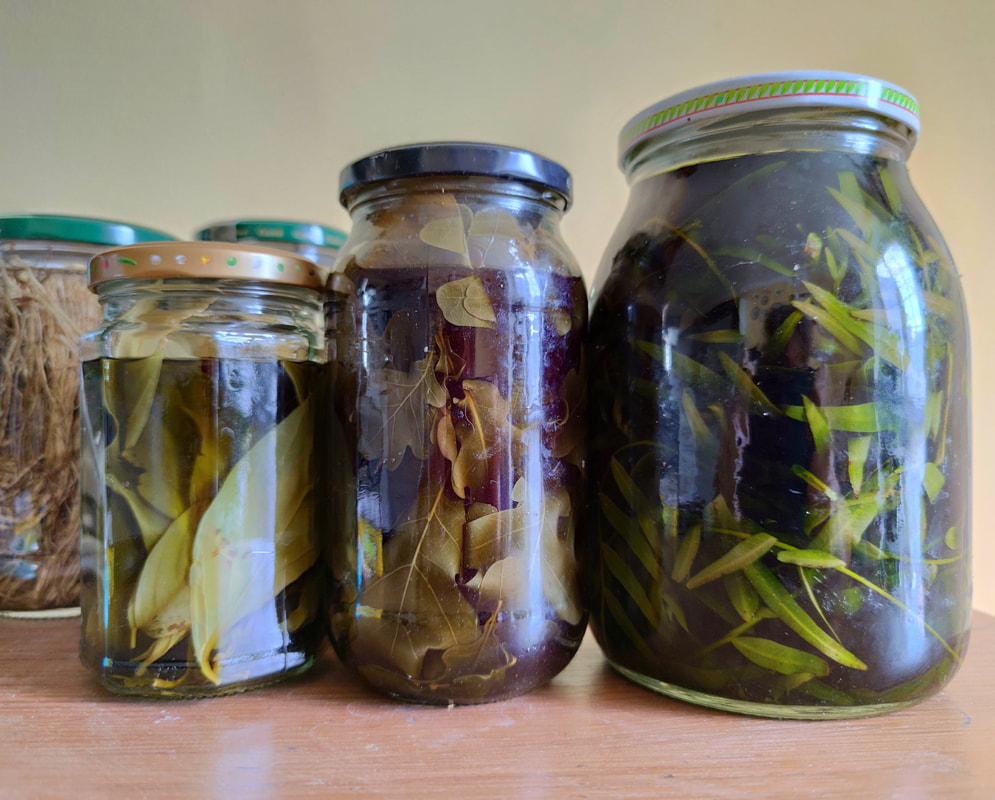
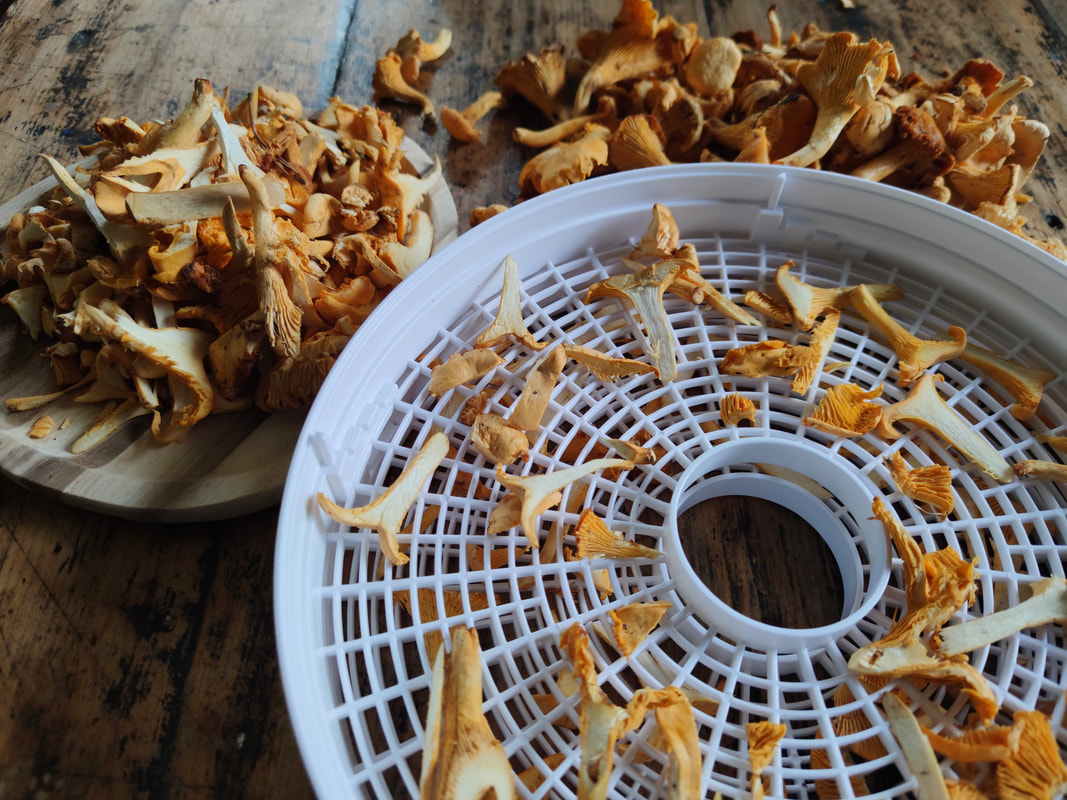
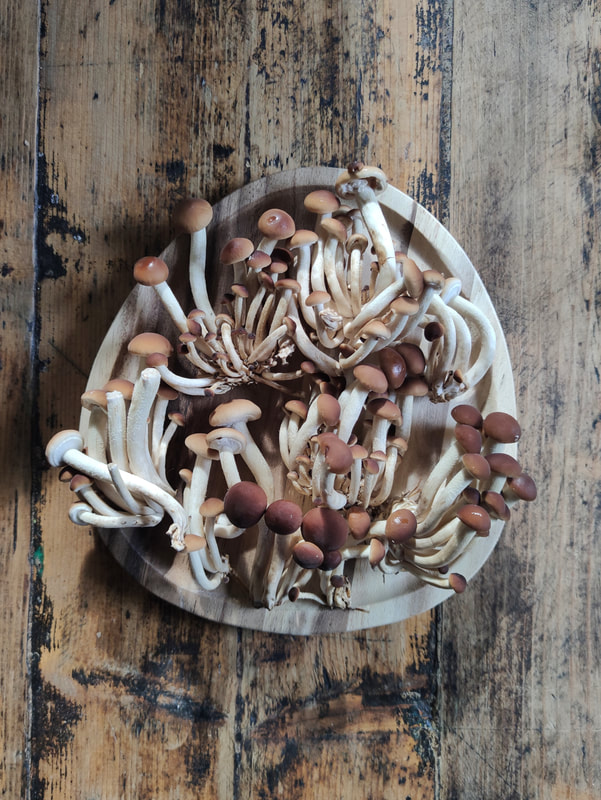
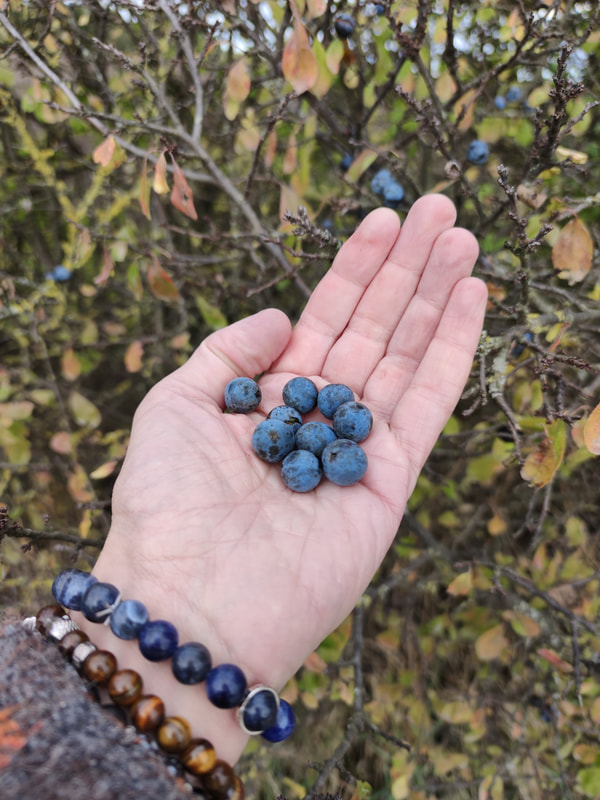
 RSS Feed
RSS Feed
